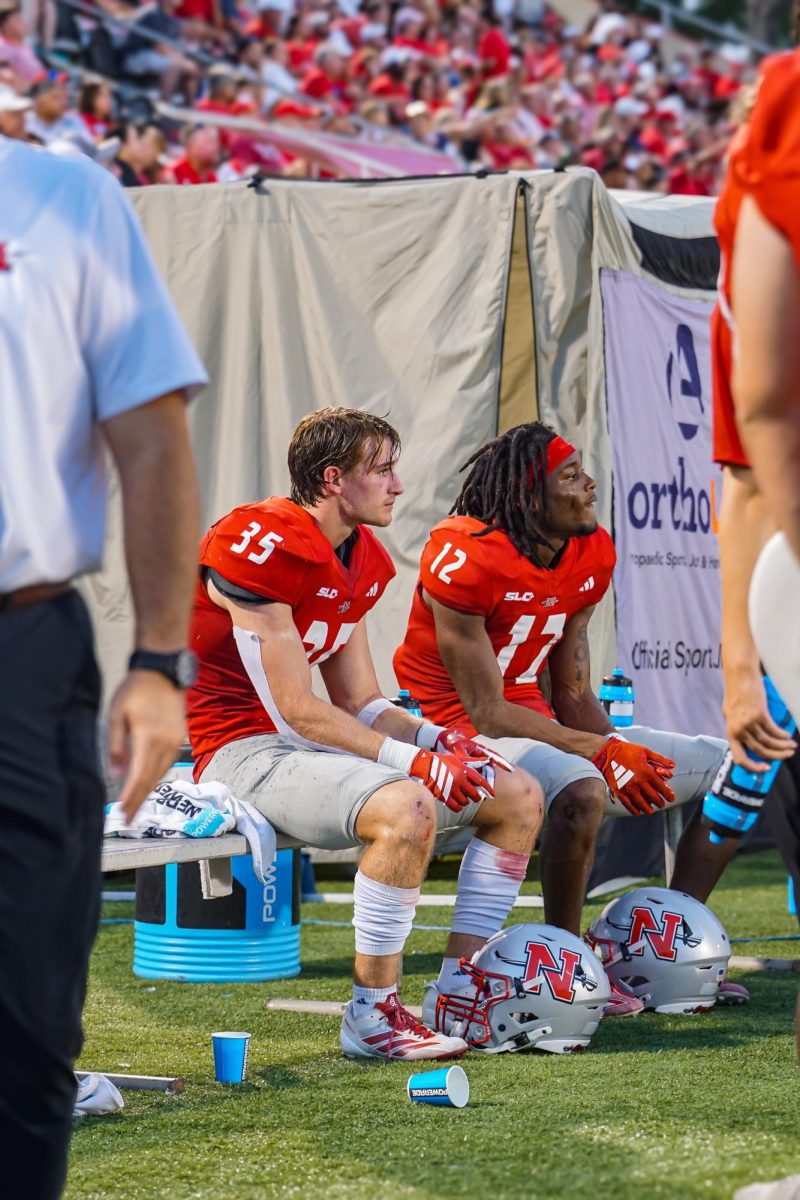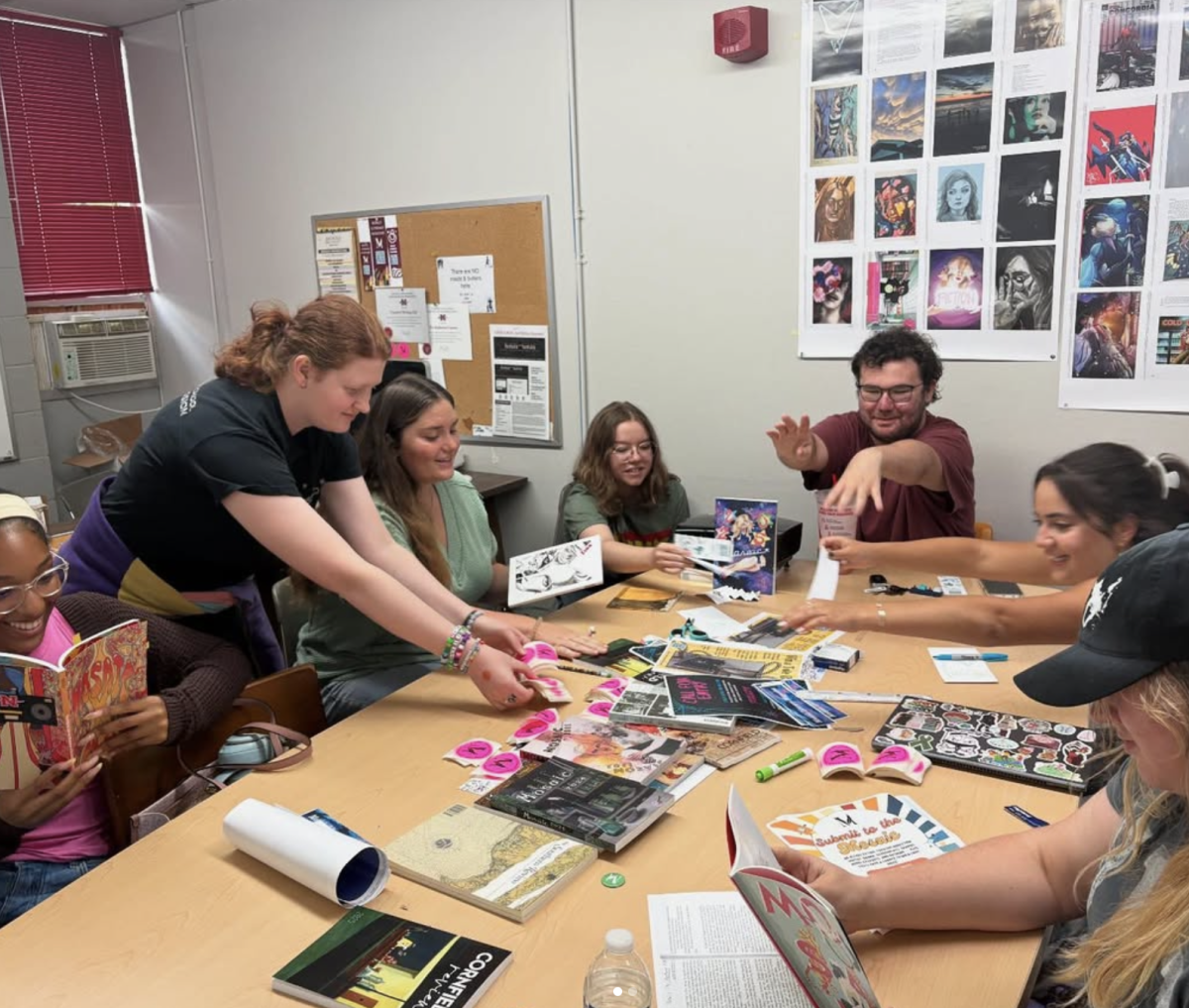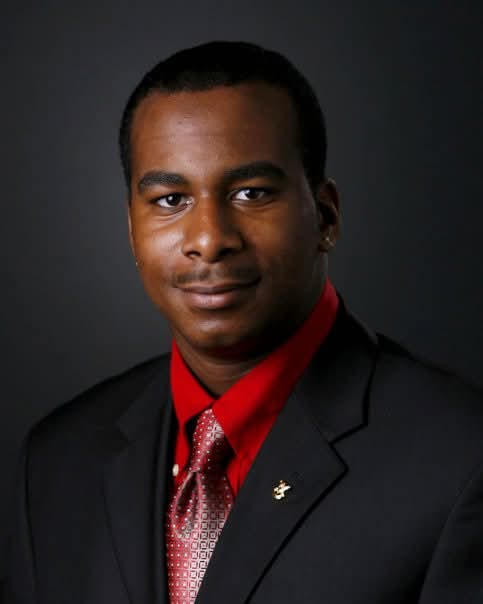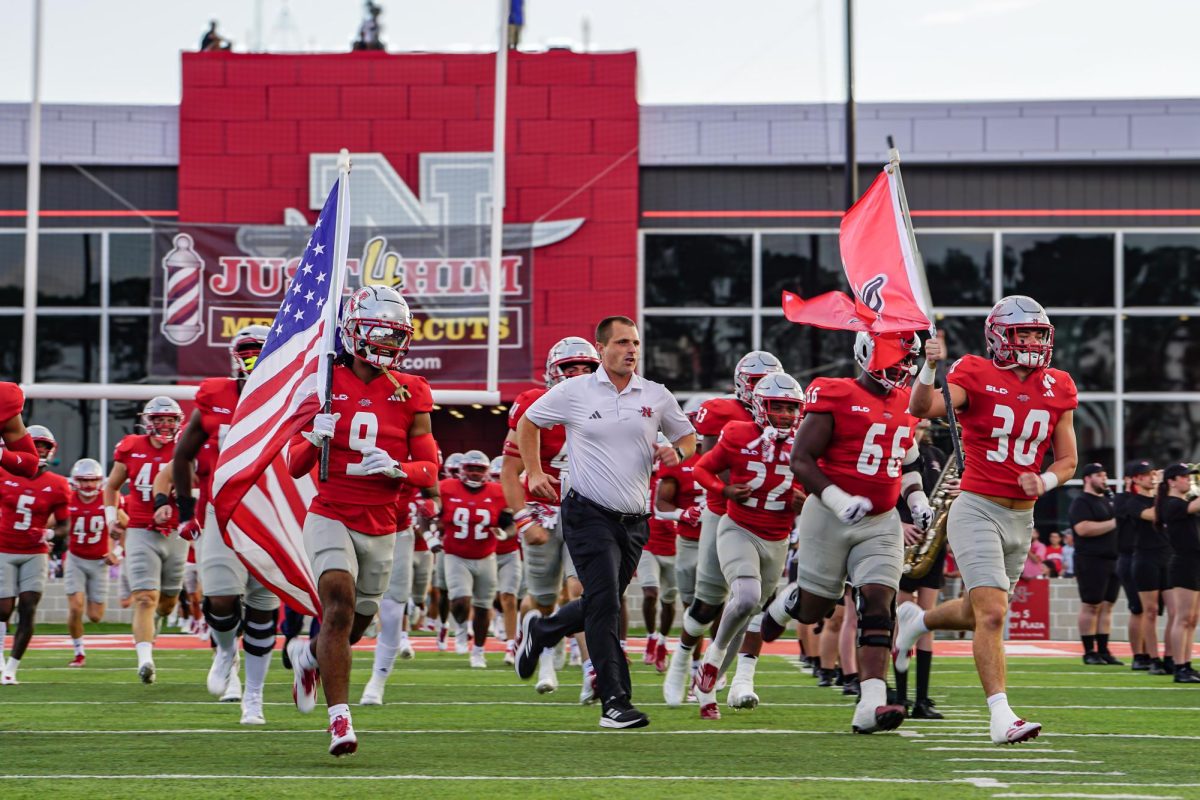Nicholls is participating in National Hazing Prevention Week, aiming to raise awareness about hazing on campus and inform students about hazing prevention.
On Wednesday, Sept. 24, Nicholls held an Anti-Hazing Fair in front of the Bollinger Student Union. The fair featured display tables from the University Health Service, the University Counseling Center and other organizations.
Students were encouraged to sign a pledge against hazing, as well as to pose with anti-hazing signage.
Even so, hazing prevention is a year-round commitment for Nicholls.
Since 2018, 78 instances of hazing across nine universities have been reported to the University of Louisiana System. Five of those instances were reported at Nicholls.
See the system’s definition of hazing below.
“Any intentional, knowing, or reckless act, occurring on or off the campus of an educational institution, by one person alone or acting with others, directed against an individual that endangers the mental or physical health or safety of a student for the purpose of pledging, being initiated into, affiliating with, holding office in, or maintaining membership in any organization whose members are or include students at an educational institution.”
University of Louisiana System and the resources provided by the Anti-Hazing Fair aim to combat the many misconceptions surrounding hazing.
While an activity largely attributed to Greek Life, hazing can take place within any on-campus organization. It can range from fraternities and sororities to honor societies and even to religious organizations.
Though hazing is popularized as solely an act of physical violence, hazing can also take many different forms. It can be physical, but it can also consist of mental violence—such as in instances of sleep deprivation or verbal berating.
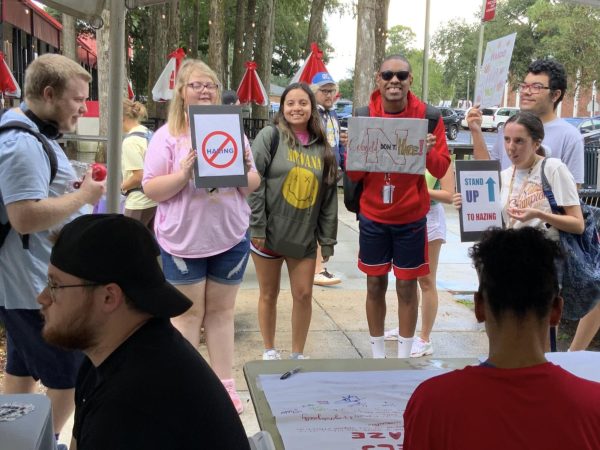
When considering reporting acts of hazing, students should ask themselves whether or not they feel uncomfortable, pressured and silenced.
“I’d say to go with your gut,” says Jaiden Valure of Nicholls’ Tau Kappa Epsilon chapter. “If it’s something that you don’t want to do … that you wouldn’t do in public, or if your gut’s telling you ‘I don’t really want to do this but I’m feeling pressure into it,’ report it.”
Resources are available throughout campus for students who are victims of hazing, or for those who are unsure of whether or not what they are experiencing constitutes as hazing.
A section regarding hazing is available in student handbooks.
The University Counseling Center has licensed professionals available to speak with.
“If you’re uncomfortable, ask questions and find out,” states Elnora Parker Vicks, a counselor at the University Counseling Center. “Go to someone who is more informed about these things. Ask them about what we do have and don’t have, about what is right and what is wrong.”
Combatting hazing is a year-round commitment for Nicholls—one that does not end with this week.



